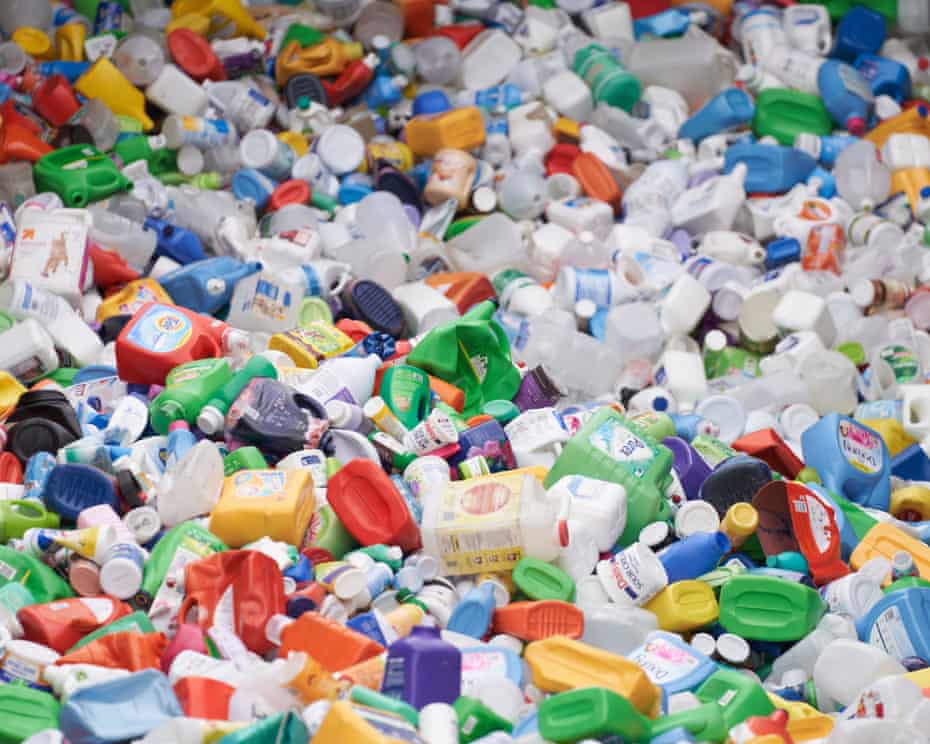Some Lagos residents have raised concerns over the persistent use of Single-Use Plastics (SUPs) across markets, parties, and retail outlets in the state despite the recent government ban.
In separate interviews with the News Agency of Nigeria (NAN) on Sunday, residents noted that nylon bags, plastic spoons, and other banned items remain widespread, especially in areas such as Ikotun, Ayobo, Okota, Ajao Estate, Ajah, and Iyana Ipaja.
The Lagos State Government began full enforcement of the ban on SUPs below 40 microns on July 1, following an 18-month grace period after the initial announcement in January 2024. The prohibition covers styrofoam food packs, polystyrene cups, plastic straws, plastic cutlery, and thin nylon bags. PET bottles, sachet water, and thicker nylon bags are exempt.
Residents decry continuous use of single-use plastics
“It’s as if nothing has changed. Shops still hand you your goods in nylons like before,” said Mr. Anthony Ewubare, a resident of Ikotun.
Similarly, Mrs. Itunu Owokade from Ayobo observed that disposable plastics remain common at events. “I attended a party last weekend, and it was the usual plastic plates and spoons. No change at all,” she said.
Blessing Okoro from Okota also remarked that food vendors still use plastic bags, while at Iyana Ipaja Market, dealer Mrs. Funmilayo Ojo confirmed that producers had stopped supplying banned black nylon bags, but leftover stock is still in circulation.
Despite this, traders at Iyana Ipaja and Abule markets continue to sell banned plastics openly. A tomato seller identified as Abu stated, “I will keep using nylons until the government provides an alternative.”
Reacting to the complaints, Lagos State Ministry of the Environment and Water Resources spokesperson, Mr. Kunle Adeshina, acknowledged that full compliance would take time. “We still have instances of people trying to test the will of the law. We will continue to ramp up enforcement alongside sensitisation,” he said.
Environmental journalist Michael Simire said it was too early to fully measure the ban’s impact but stressed that reducing plastic waste in streets and drainage should be a priority. He emphasised the need for education, enforcement, and stakeholder engagement to achieve the policy’s environmental goals.



